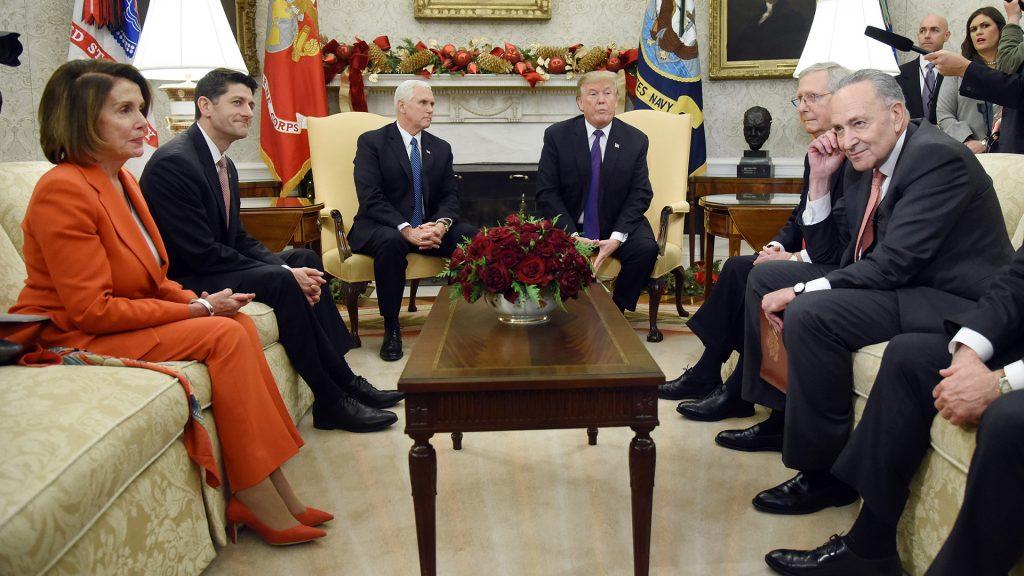America is divided. Although the disunion between the Republican and Democratic Parties is clear and was significantly exacerbated during the 2016 election season, our country has been split for years and not just by party lines. A lack of consistency in the parties’ platforms has led to confusion among voters, leaving Americans unsure of where they fit in and whether they truly align with the party they identity with.
Uncertainty in my own alignment first beset me after publishing my high-school paper’s endorsement of Hillary Clinton for president. We received scads of commentary on the article, some of my favorites being “The York-hi is Fascist” and “Far-left, socialist Dems won’t stop Donald Trump from ‘Making America Great Again.’ ”
As a rather headstrong person — especially when it comes to my writing — I originally chalked the comments up to conservative hate and insecurity in their candidate. Seeing similar behavior from like-minded thinkers, though, led to my own unsureness.
Two days later, when Donald Trump had been named the president-elect, I began to hear murmurs akin to those made on my article, from my own side. Statements such as “Republicans support the revival of the Nazis and white supremacy” and “The Republican Party is racist” floated around our hallways, which brimmed with frustration.
RELATED: Column: Republican Party vs. Trump vs. America
So, here’s the deal: I know I’m not a fascist. My parents and many of my friends, also Democrats, are not fascists. My grandparents, Republicans, are not supporters of white supremacy and are most certainly not Nazi sympathizers. The examples provided above may seem like mere outbursts of extreme frustration, and thus, overreactions, but they certainly got me thinking. What does it mean to be a Democrat today? Or a Republican?
Who knows.
The Democratic Party states in its platform that Democrats “believe that cooperation is better than conflict, unity is better than division, empowerment is better than resentment, and bridges are better than walls.” But actions speak louder than words.
A recent Washington Post-ABC News poll discovered that “52 percent of registered voters think the opposition party isn’t defined by anything except opposition — that the Democratic Party has no real message.”
RELATED: Democrats seek more inclusion
Since Trump became president, the Democratic Party has done close to nothing but spew discontent at the Republican Party. Its nonaction has led to more conflict than cooperation, division than unity, resentment than empowerment, and walls than bridges.
The GOP maintains similar hypocrisy. The Republican platform expresses in its second section that the party aims to restore the American Dream. If the American Dream is to be defined as the success story of the self-made man, despite heritage or other differences, then how can a party whose leader has a history of making extremely racist comments, ranging from “laziness is a trait in blacks” to “Mexican immigrants are criminals and rapists,” claim to function under these beliefs?
Neither party is functioning by the platform they claim to stand on. In fact, both parties have strayed so far from their defining values that many voters who find themselves closer to the middle than the far left or right aren’t sure whether they align with any party at all.
In light of the upcoming primary and midterm elections, both parties need to redefine what it means to be a member of that party. Dramatic though it may be, no one should feel as though he or she will be labeled a Nazi for voting red or a triggered “snowflake” for voting blue.



